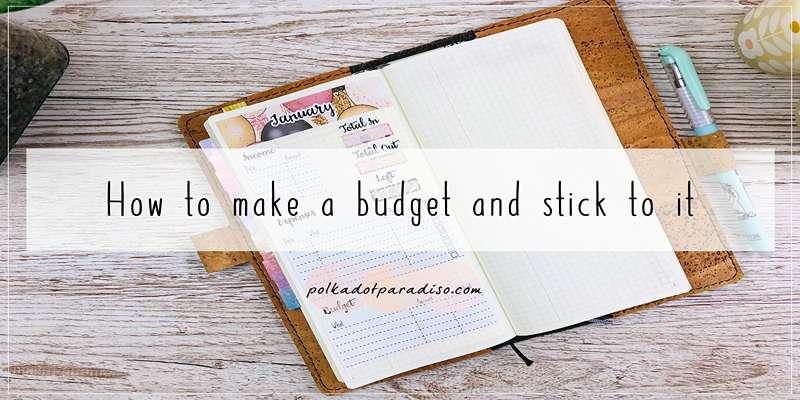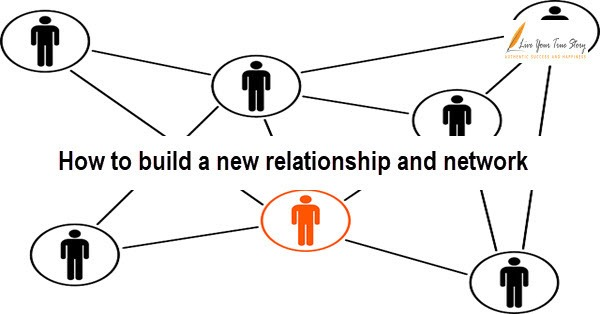As we head into yet another economic downturn, it's important to arm ourselves with the knowledge and tools required to prepare for such a financial crisis.
Though it may be daunting and overwhelming if you're not financially savvy, simple steps can help ensure your future stability despite an uncertain economy.
From revisiting monthly budgets to taking advantage of additional savings opportunities – understanding how to recession-proof your life is key during economic turbulence. This informative blog post will discuss how one can stay afloat through an economic downturn.
Create a budget and stick to it
The first step to recession-proofing your life is to create a monthly budget and then stick to it. Track all of your expenses, income, and savings – and ensure that you live within your means. This will help ensure you aren't overspending or taking on too much debt during difficult times. Don't forget to include savings for unexpected expenses and savings goals.
Cut back on unnecessary expenses, like cable TV or eating out.
When money's tight, it's important to be mindful of your spending habits and trim any unnecessary expenses. That may mean canceling cable TV subscriptions, reducing the amount you spend on eating out or cutting your entertainment budget. Little changes like this can make a big difference in keeping you afloat during an economic downturn.
expenses in
How can the government solve the recession?
The government can address recession in a variety of ways.
1. Fiscal policy: The government can use fiscal policy to increase or decrease aggregate demand by changing taxes and spending levels. Depending on the situation, this strategy is meant to stimulate or slow down economic activity. For example, during recessions, governments may reduce taxes or increase government spending to encourage people and businesses to spend more, which can help the economy grow.
2. Monetary policy: The government can use monetary policy to influence the availability of money in an economy by adjusting interest rates and other measures such as quantitative easing. Lowering interest rates makes access to credit easier for households and businesses, enabling them to invest more and boosting economic activity.
3. Direct intervention: Governments can directly intervene in the economy to address specific issues. This could include providing loans or other forms of aid to businesses, increasing infrastructure spending, and introducing regulations that foster an environment of competition and innovation.
4. Education and training policies: The government can invest in education and training programs to help workers upgrade their skills and improve their prospects for employment. This can help address issues of long-term unemployment that are sometimes associated with recessions.
Find ways to make money on the side, like freelancing or selling items online.
In times of economic turbulence, finding ways to supplement your income can be beneficial. Consider looking for freelance gigs or selling items online that you no longer need or use.
You can also look into tutoring, dog-walking, house-sitting, and other side hustles to help make ends meet. With the right effort and mindset, you can use these opportunities to impact your overall financial stability significantly.
Invest in yourself by taking classes and learning new skills
Finally, investing in yourself is important, even during economic hardship. Consider taking classes or learning new skills to help you further your career or open up new opportunities.
Investing time and money into your education will help ensure that you are better prepared for the future and have something to fall back on in difficult times.
By creating a budget, cutting back on unnecessary expenses, finding ways to make money on the side, and investing in yourself, you can recession-proof your life and come out of economic turmoil with a stronger financial situation. While it may be intimidating to tackle these topics at first, having the right
Stay optimistic, even when things are tough.
Finally, staying positive and optimistic is important even when times are tough. Remember that any economic downturn is temporary - with the right mindset and attitude, you can come out of it in a better financial position than before.
Though recession-proofing your life may initially seem overwhelming, following these tips can help you stay afloat through difficult times. With a budget and the right mindset, you can come out of any economic downturn with your financial standing intact!
Network with others and build relationships that can help you down the road
It's important to remember that you don't have to go through a recession alone. Having a supportive network of friends, family and colleagues can help you stay afloat during tough times.
Reach out to those around you for assistance, and consider building long-term relationships to help you down the road. Networking with others and building relationships can lead to potential job opportunities, new business ideas, and other resources that could help you out in the future.
These are just a few of the ways you can recession-proof your life. While it may be intimidating at first, taking simple steps now can ensure that you're better prepared for whatever economic turbulence may come your way. With the right knowledge and tools, you can keep your financial well-being intact through any downturn.
FAQs
How can I recession-proof my life?
To recession-proof your life, it's important to review and adjust your monthly budget as needed, create an emergency fund for unexpected expenses, pay off debt when possible, take advantage of additional savings opportunities when available, and pursue new sources of income if necessary.
Are there any other ways to prepare for an economic downturn?
Yes! It's important to stay up-to-date on economic developments and trends, be mindful of the markets, create a diversified portfolio that includes stocks, bonds, and other investments, and remain in communication with your financial planner or advisor throughout the process. Additionally, having multiple sources of income is also beneficial during turbulent economic times.
How is embossed printing done?
Embossed printing is a relief technique in which an image or text is raised from the paper's surface. The desired design is made from two dies, one presses the ink onto the page, and the other creates the raised effect. This technique can create unique 3D visual effects with logos, lettering, or illustrations. The design is often printed with metallic ink to give it a more luxurious and memorable look.
What are some tips for creating an emergency fund?
Creating an emergency fund is essential in recession-proofing your life, as it provides financial security during unexpected circumstances such as job loss or illness. To start building an emergency fund, create a savings account and commit to depositing a certain amount of money into that account each month. Also, start tracking your spending, look for areas where you can make cuts, and use the extra funds for your emergency savings.
How do you emboss a letter on a card?
Embossing a letter on a card requires using an embossing tool, which can be found in many craft stores. To begin, place your card into the machine and select the desired wording or image you want to be raised. Once you have selected the design you want to make, press down firmly with the embossing tool and allow the card to cool before using it.
Conclusion
No one wants to think about a recession, but it's always better to be prepared. If you have any concerns about your finances or want help getting your budget in order, don't hesitate to reach out to a financial advisor. And remember, even if the economy takes a turn for the worse, there are still ways to maintain your quality of life.





